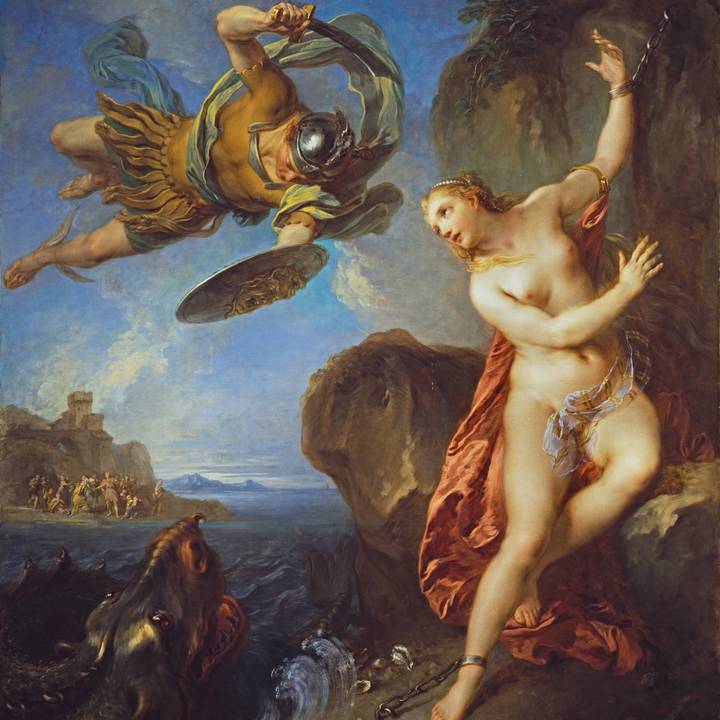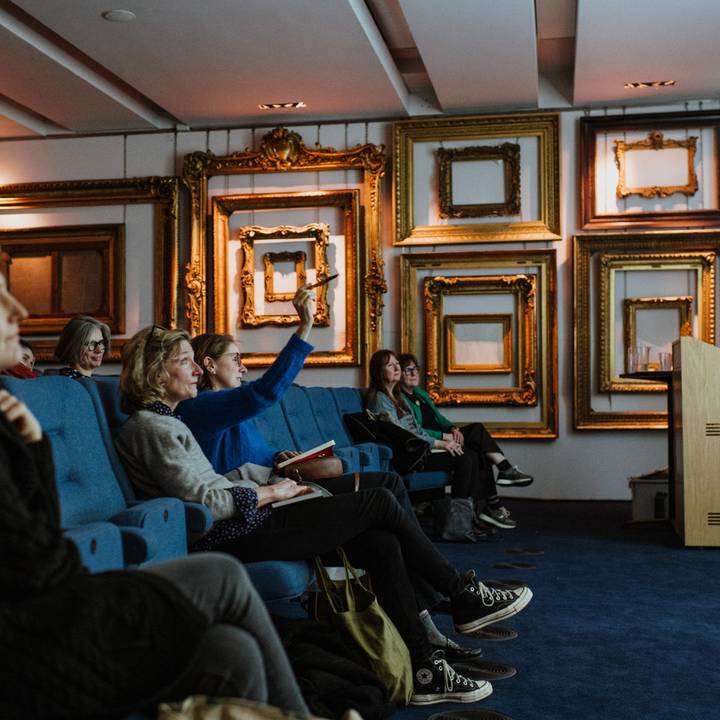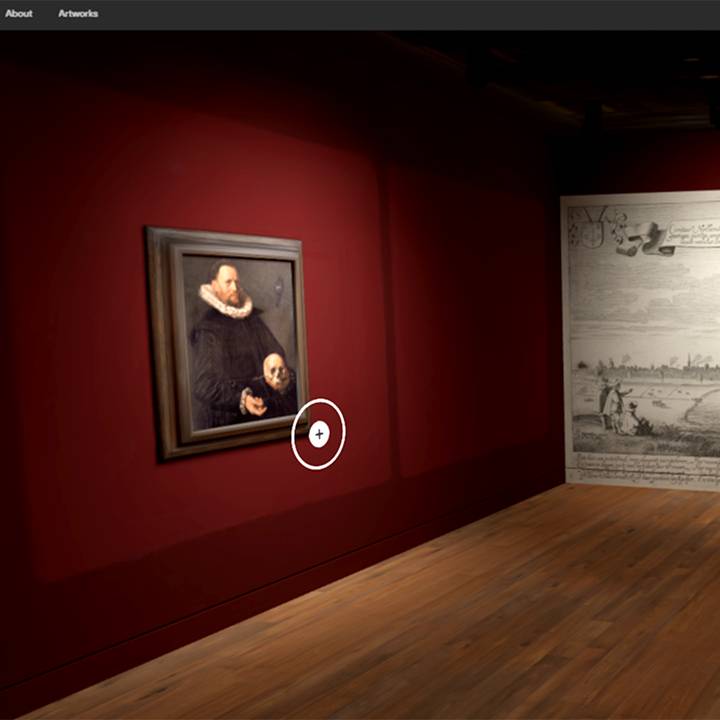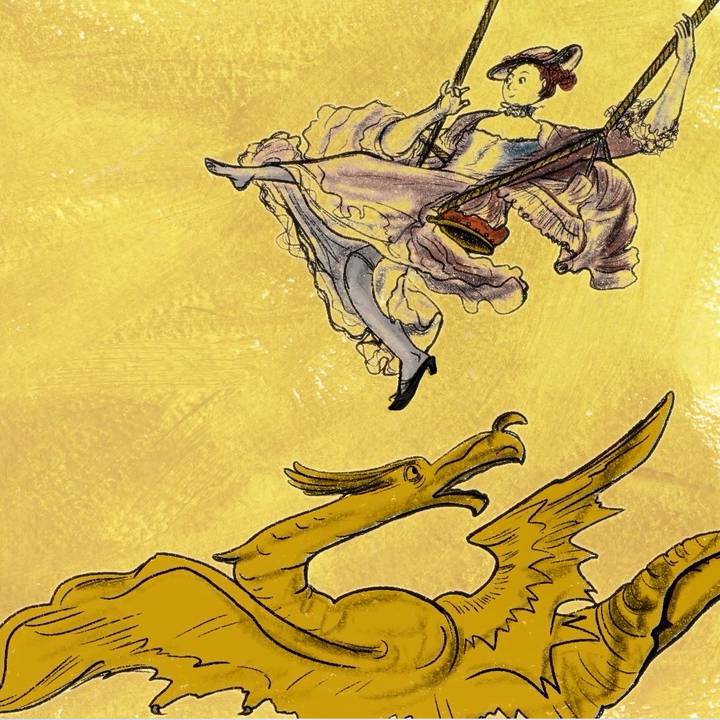Explore objects from the Collection through our latest short films.
Celebrating Lady Wallace
The Wallace Collection opened its doors for the very first time as a national museum in 1900. Join Director of Collections and Research, Dr Alison Smith, as she introduces Lady Wallace, Julie Amelie Charlotte Castelnau, the woman whose extraordinary generosity culminated in one of the largest gifts of artworks ever given to the British nation.

The Rising and The Setting of the Sun
Step into the world of 18th-century French art with Dr. Xavier Bray, Director of the Wallace Collection, as he explores two of François Boucher’s most magnificent paintings, The Rising of the Sun and The Setting of the Sun.

Marie-Antoinette: Not Just A Pretty Face
Take a closer look at the multi-faceted character of Marie-Antoinette (1755-1793) – one of the most famous and fascinating people in French history- with Professor Catriona Seth FBA.

A Pair of Gold and Steel Quoits
Uncover the story of these beautiful but deadly weapons with Davinder Toor, co-curator of past exhibition Ranjit Singh: Sikh, Warrior, King.
Discover how these quoits were used by Sikh warriors of the 19th century.
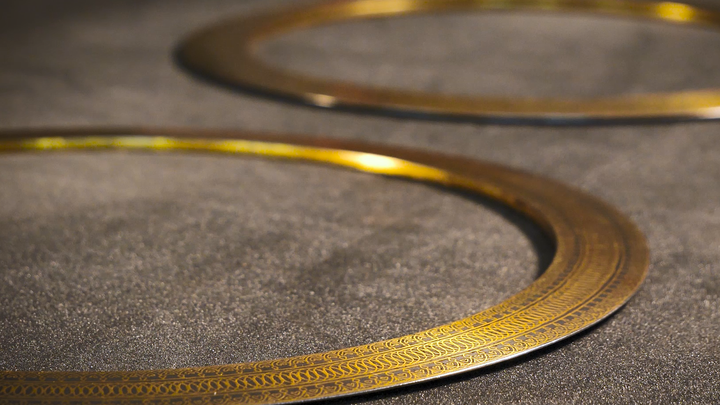
Collection In Focus
Explore each area of the collection through short films.



